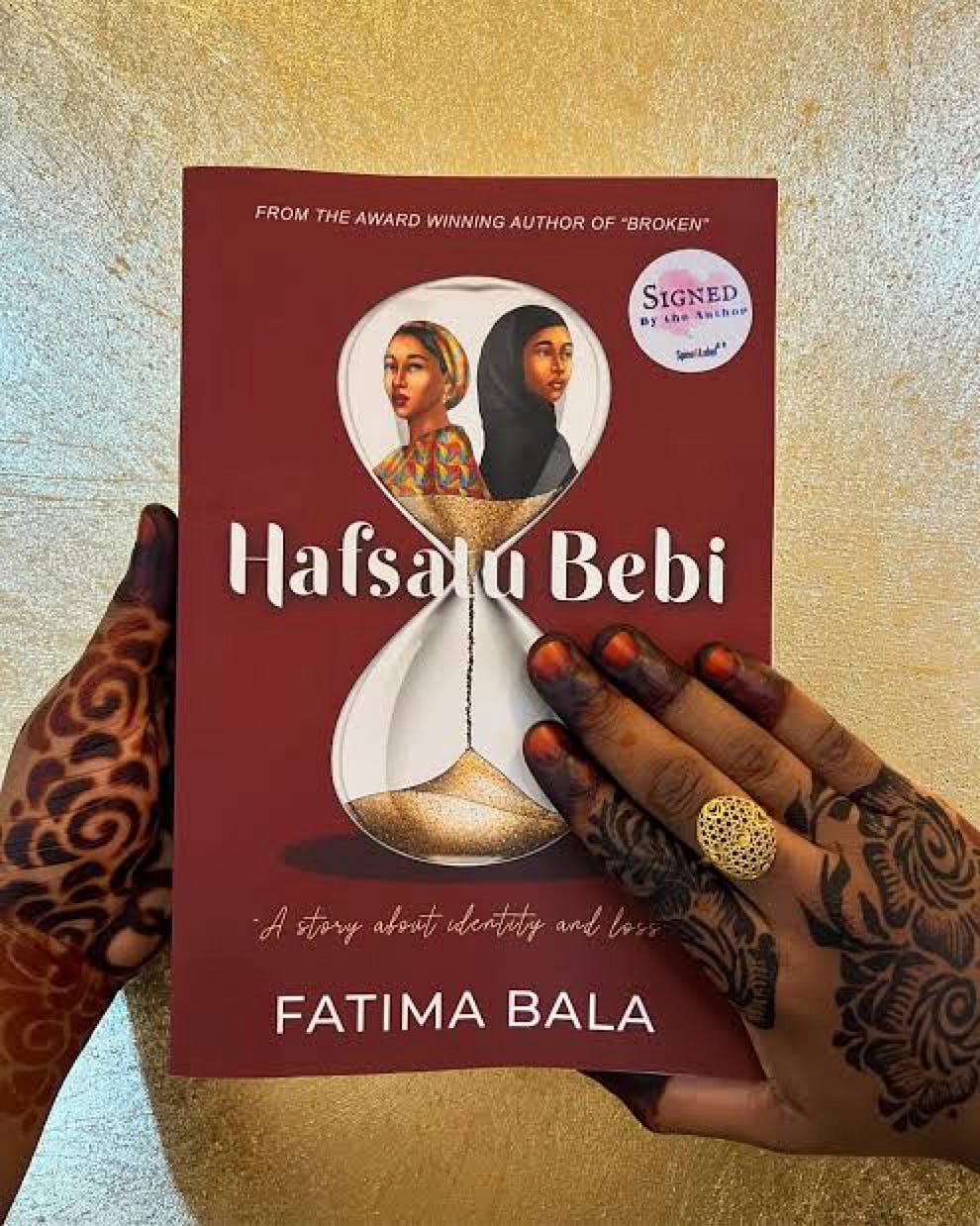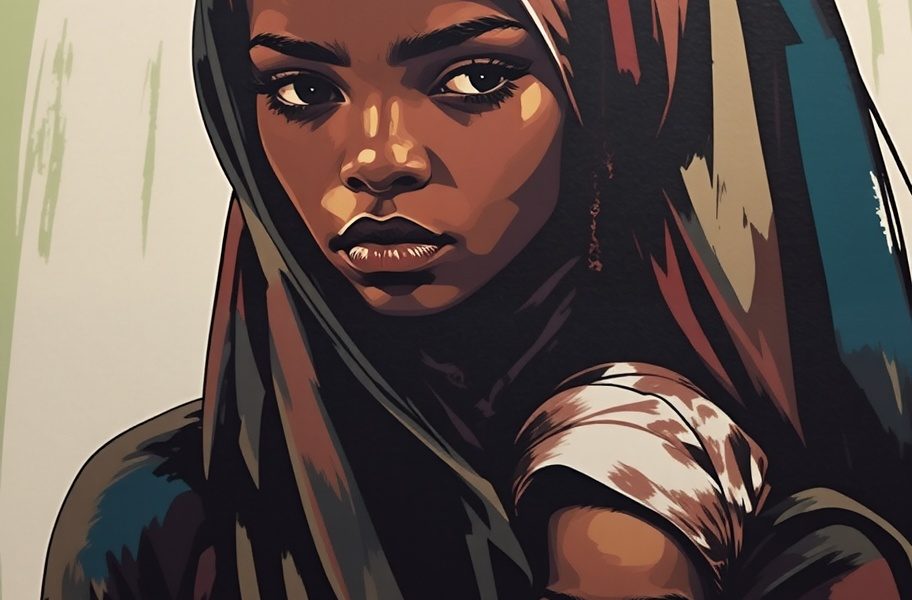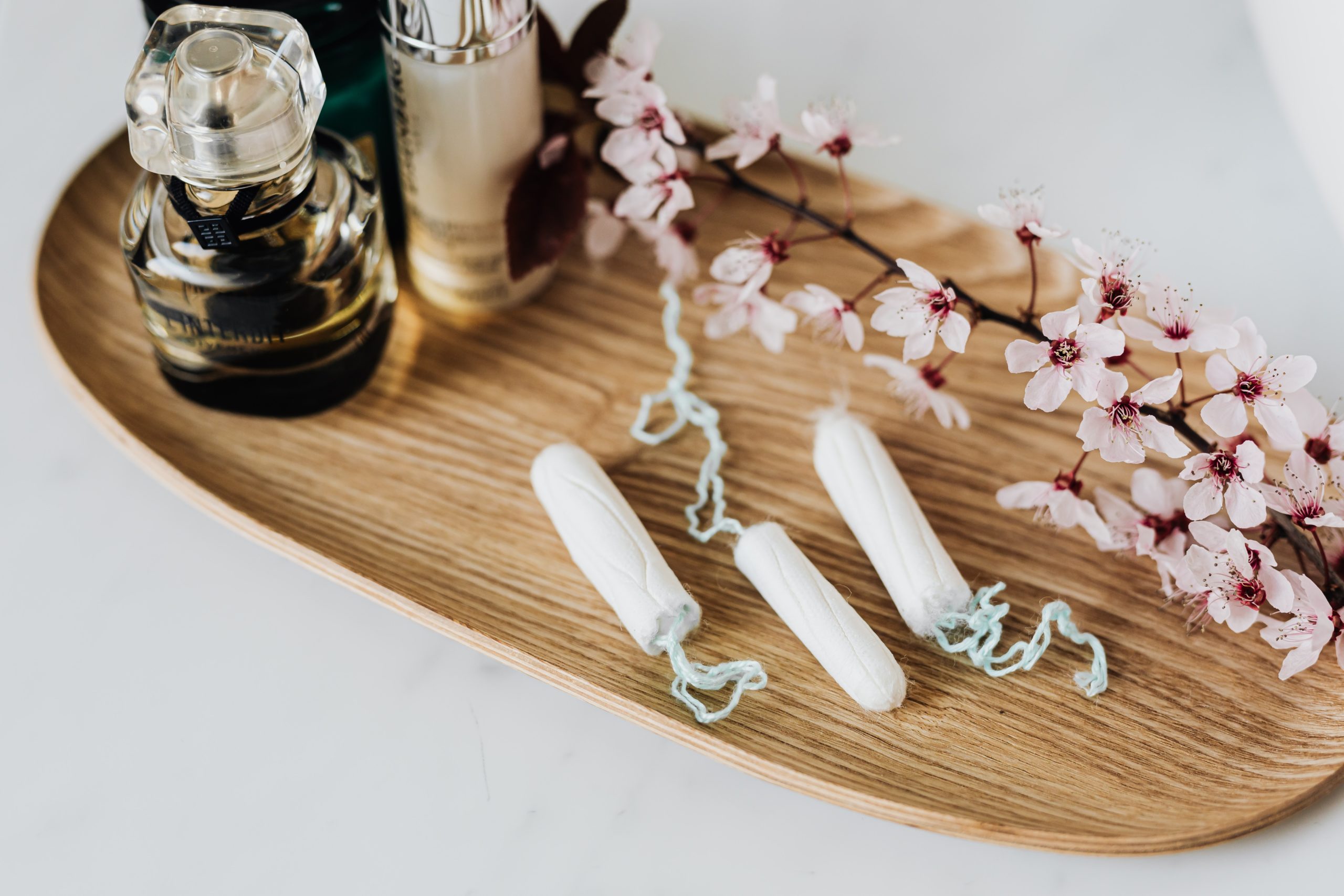There is a paradox as-well as a delicate balance between love and sacrifice, joy and burden. It is the unseen force that shapes cultures, binds families, and sustains communities, yet it often demands more than the individual can bear. In the heart of this paradox lies a narrative that has been told many times, yet seldom fully understood. The African woman, revered for her strength, is also bound by societal expectations that demand selflessness without recognition. The stories of these mothers told through literature, personal experience, and media, offer us a glimpse into the complex and often invisible world of motherhood in Africa.
In The Joys of Motherhood, Nnu Ego’s life is shaped by the hope that her children will have a better future. Her love is boundless and one-sided, as she gives everything without asking for anything in return. Nnu Ego’s identity is consumed by her role as a mother, her desires always secondary to the needs of her children.
Her children become her reason to endure, to exist beyond her own desires. Her strength lies in this quiet sacrifice, one that is often unnoticed, but endless.

In Efuru, Flora Nwapa explores a mother’s sacrifice under the weight of tradition. Efuru’s devotion to her children is shaped by a culture that demands she give up more of herself. As she shapes her children’s future, she loses a part of her own. Her story is a reminder that African mothers not only raise children, but also carry the burden of culture, often at the cost of their own dreams.

In Purple Hibiscus, Chimamanda Ngozi Adichie portrays the harsh realities that women face in African society. Through Kambili’s experience, we see a family bound by oppressive traditions, Kambili’s father, Eugene, imposing strict gender roles and patriarchal control, limiting the freedoms of the women in the household. His authoritarian rule, fueled by rigid religious and cultural norms, suppresses their voices, forcing them to live in silence and submission. This reflects the broader societal pressures many African, Nigerian women endure.

In Hafsatu Bebi by Fatima Bala, like that of many Northern Nigerian women, is one of battling the unyielding tides of tradition. At its core, the novel exposes the quiet tragedies of womanhood in a society that equates endurance with virtue. Zuwaira’s life is dictated by others, her dreams sacrificed to marriage and servitude. Hafsatu, though seemingly free, is ensnared by betrayal and family secrets that shatter her carefully built world. It is a haunting exploration of what it means to endure in a world determined to dictate a woman’s fate.

In Naja by Balaraba Ramat Yakubu, the young girl’s fate is sealed by a culture that marries her off to an older man to settle her father’s debt. Naja’s sacrifice is not just personal but a reflection of the deep-rooted cultural practices that determine the course of her life. Much like Nnu Ego in The Joys of Motherhood, Naja’s love for her family, her sense of duty, becomes her identity. In her sacrifice, we see the same resilience that defines the African woman, a resilience that asks nothing of the world but gives everything.
In the Qur’an, women and motherhood are held in the highest regard, not just as a biological function but as a sacred duty.
“And We have enjoined upon man [care] for his parents. His mother carried him with hardship upon hardship…” (Qur’an, 31:14).
Yet, in Northern Nigeria, the intersection of cultural misconceptions and Islamic teachings often creates a paradox. While Islam advocates for women’s rights and equality, the prevailing cultural practices often stifle these very principles, relegating women to roles that deny them their autonomy. The reality of motherhood in these contexts is one where women are expected to endure in silence, their voices unheard.
. Sahih Muslim, Book 8, Hadith 3463
“The best of you are those who are the best to their women.”
Sunan Abu Dawood, Book 11, Hadith 2133
“Do not harm your wives, for even the best of men are those who treat their wives well.”
The stories of women like Nnu Ego, Tonye Faloughi-Ekezie, and Jodie shine a light on the resilience and strength of African women, yet they also reveal the crushing weight of societal expectations. These women stand as pillars, enduring the hardships of life while simultaneously questioning the very systems that demand their endurance. They are caught in a web where their worth is often measured by their ability to bear children, particularly sons, and by how well they conform to traditional roles. Yet, despite the emotional repression that many face, there is an unspoken power in their endurance. Their love, though sometimes stifled, is powerful, and in that love lies the hope for change.
The shaming and stigma faced by women who do not conform to the ideal image of being an ideal African woman or mother, is widespread. Whether they are single mothers, women who cannot conceive, or mothers raising children with disabilities, they are often marginalized. Joy Eseoghene Odiete (Jodie) through her advocacy for children with special needs, stands as a reminder of the struggles faced by these mothers. Their voices, essential yet fragile, are often drowned out by societal judgment.
In Northern Nigeria, cultural norms often clash with Islamic principles, creating a paradox that limits women’s freedom. While Islam promotes empowerment and equality, cultural practices rooted in tradition restrict women’s choices. The expectations placed on mothers, often seen as duties from God, are interpreted through a patriarchal lens, one that distorts the true essence of the religion.
Cultural practices such as early marriage, preference for male children, and restrictions on education and career choices continue to confine women to rigid roles. These customs perpetuate cycles of oppression, where the silent suffering of mothers goes unnoticed. The weight of these expectations is felt in every aspect of their lives, and the personal freedom of many is denied.
In their sacrifices, African women often unknowingly sabotage their own well-being, dreams, and futures. These acts, born of love and tradition, demand their undoing. They give up their health, education, and personal ambitions in the name of family and societal expectations, pouring from an empty cup. Their potential is stifled, caged by the very systems they uphold. Despite their silent contributions, their labor remains unrecognized, undervalued, and unseen.
The paradox of an African woman is not just one of strength and struggle, but also one of transformation. It is in the telling of these stories that the narrative can shift, offering a new vision of motherhood that honors both the beauty and the complexity of women’s lives. The path forward for African women is through the dismantling of systems that limit their potential.
Change demands more than just societal acknowledgment. It requires laws that protect, not just safeguard rights, but dismantle the chains of custom that bind women to outdated norms. Economic independence is not an option; it is a necessity, for when women have the freedom to shape their own financial futures, they build futures of their own making.
Cultural norms must evolve, shedding the outdated views that tether women to a singular identity of a wife or motherhood. They are not defined by what they give, but by who they are. And the emotional burden borne by African women often unnoticed must be recognized, their mental well-being given the care it deserves.
Representation is crucial. African women need to see themselves at the table of power, in spaces where decisions are made, where their voices are heard and respected. The weight of patriarchal systems has long kept them out of these spaces, but it is time to change that.




